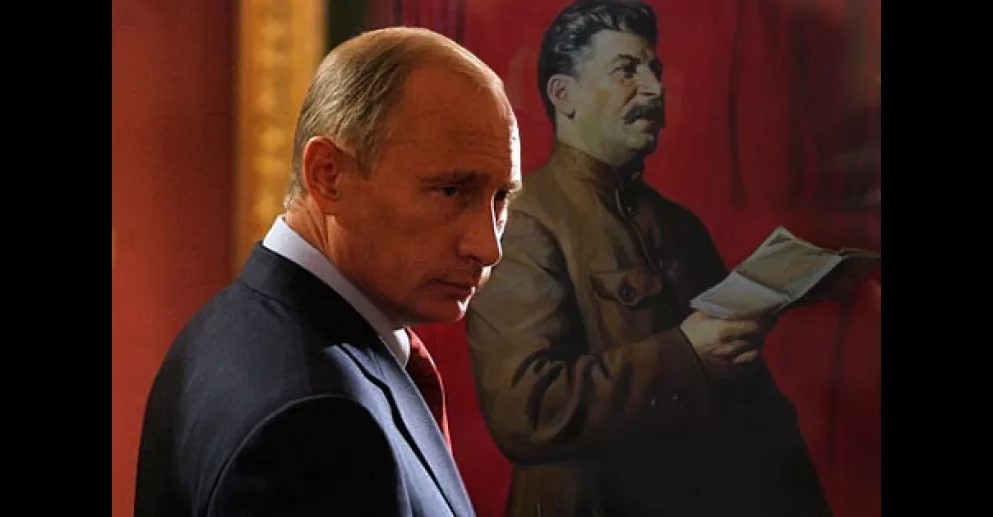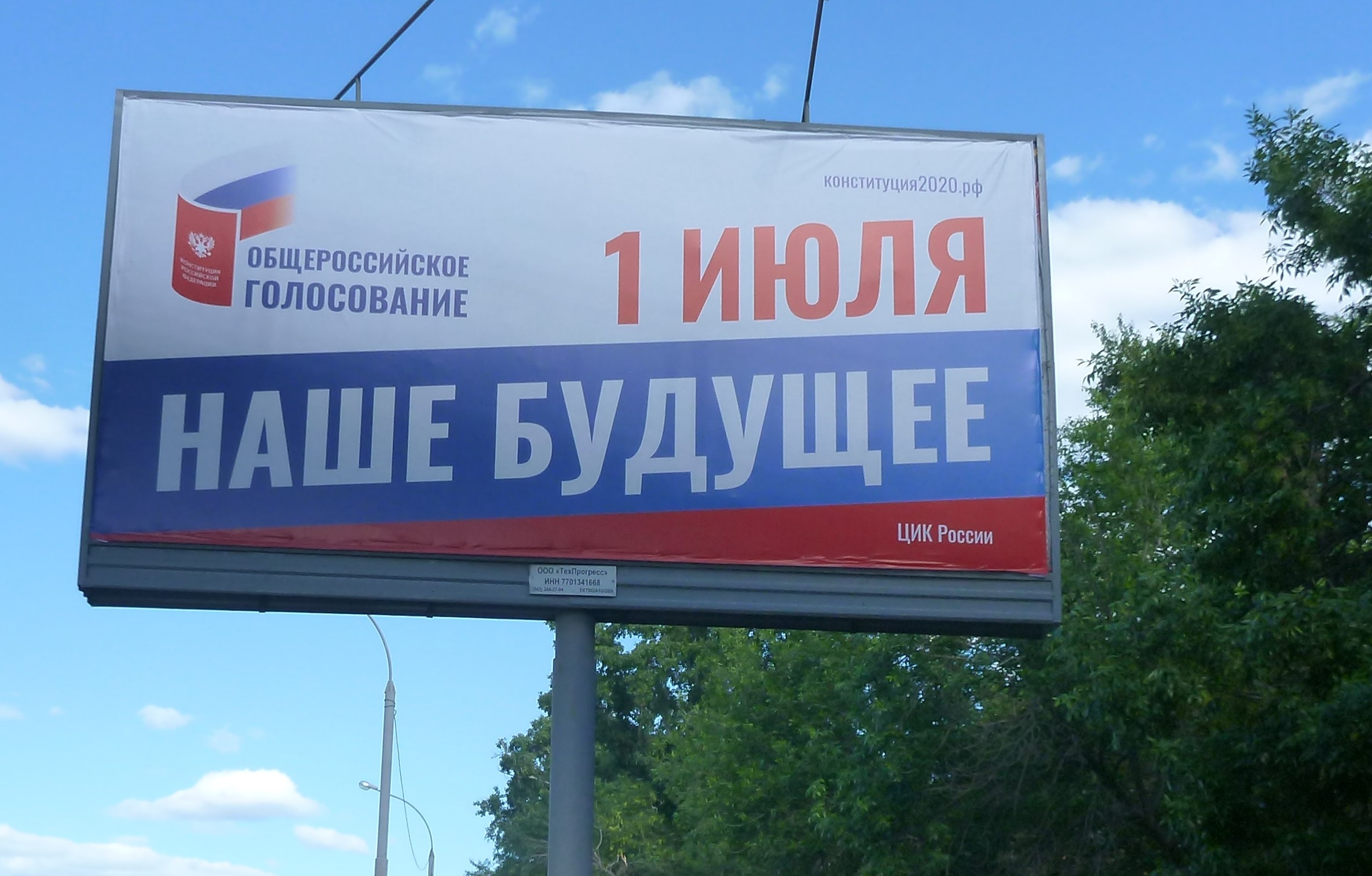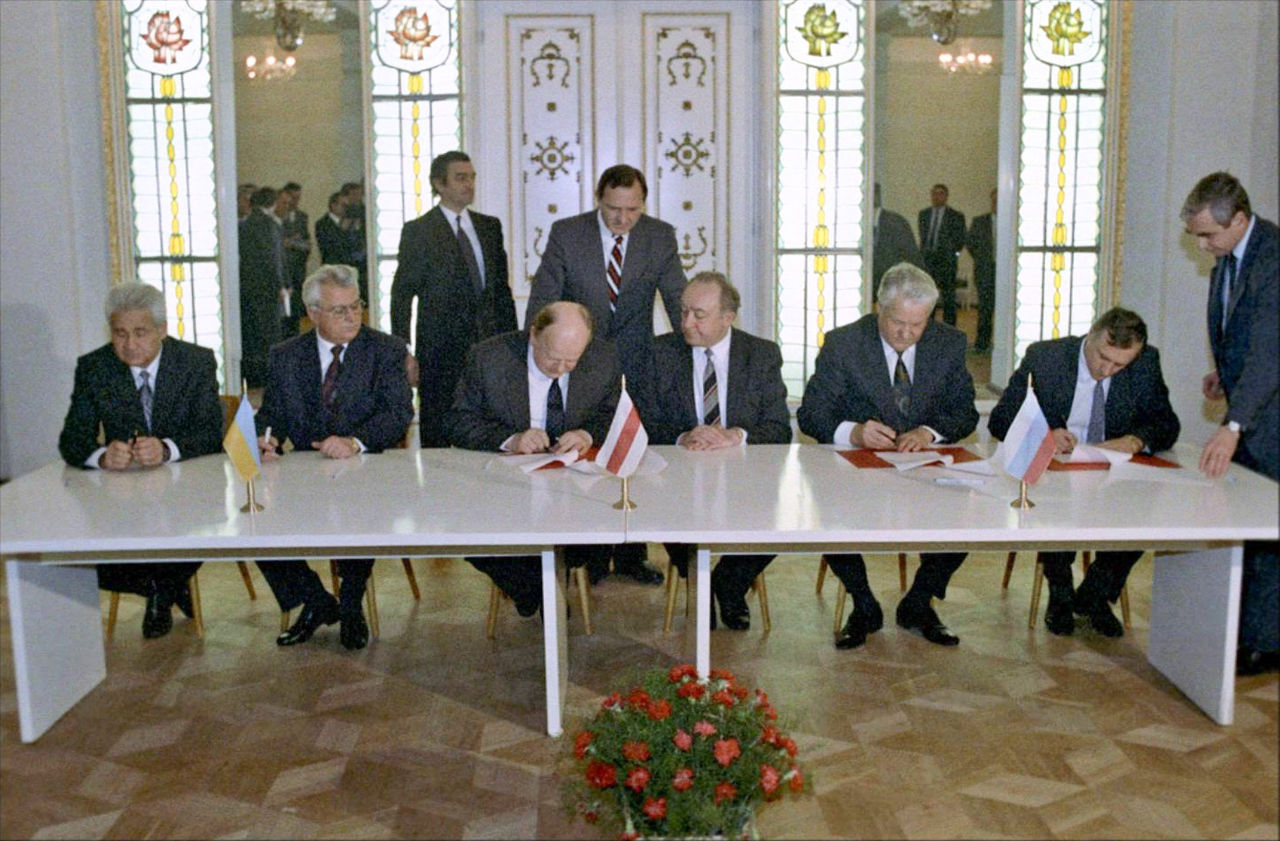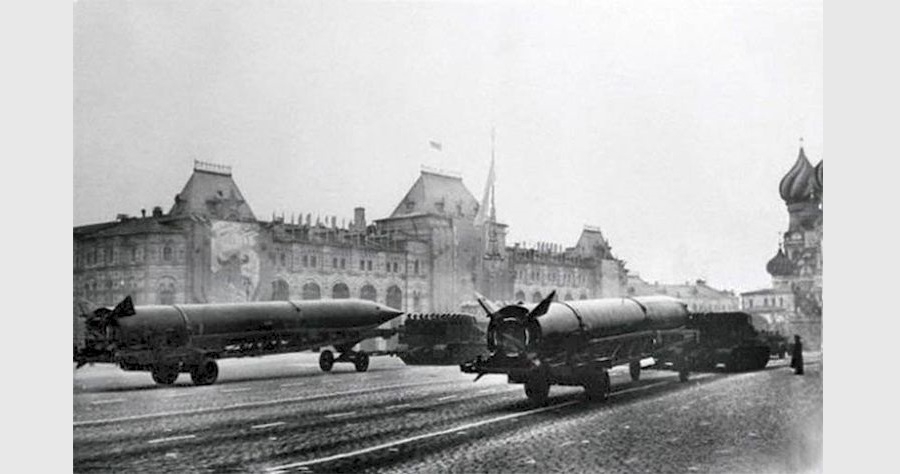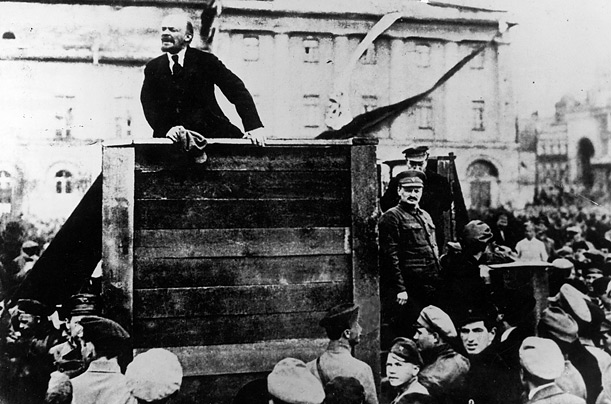Vladimir Putin may think he is restoring the Soviet empire; but in fact, he is willy-nilly recreating the conditions which led to its demise – and in a way that ensures that the approaching end of a new Moscow-centered empire will be more profound and more violent, quite possibly “the Yugoslavia with nukes” the West feared in 1991.
Related: Western policies of appeasement produced a monster… again
One of the most important triggers of the demise of the USSR was demographic. By 1989, the non-Russians formed almost half of the population of that country. After it fell apart, the Russian Federation was initially as much as 80 percent ethnic Russian making that country easier to rule and with fewer challenges to its territorial integrity.
And Putin will face problems from both that make serious violence more likely than at the collapse of the USSR in 1991.
Related: Three weeks of Russia’s war against Ukraine in photos
Not only is there lacking an overarching ideology of internationalism that had a profound effect on Russians and non-Russians alike, but conditions on both sides of this divide are much more radically inclined against the other, even as they are divided among themselves and far more ready to fight than most were 30 years ago.
Related: Russian World: the heresy driving Putin’s war
Putin has promoted a kind of Russian nationalism [Putinism] that is offensive to almost all non-Russians but that has proved incapable of uniting ethnic Russians. Instead, while offending non-Russians is its most obvious consequence, his “ideology” such as it is has failed to unite Russia’s regionally diverse populations.
Related: The horror of war seen through the eyes of Ukrainian children
The non-Russians have had a longer and more recent experience with independence and, if forced for a time to yield it, they will be more prepared to fight not just against the imperial center of Moscow but also against each other.
In that situation, the Russian military is likely to disintegrate and weapons of all kinds, including weapons of mass destruction like nuclear warheads, won’t be under any one center’s control. Instead, they will be available to people on various sides. Precisely like “the Yugoslavia with nukes” the West so feared in 1991 but that didn’t occur.
Related: Putinism is the post-industrial form of fascism, Skobov says
These prospects have been largely ignored, and a major reason for that involves the implications of what the international community should do to stop Putin in Ukraine.
That is not to argue for rash actions. Nuclear war is something that should be avoided at all costs. But there should be a recognition that the policy of not confronting Putin more bluntly now may not spare the world that kind of war. If that is understood, the challenges of Putin’s war in Ukraine can be approached more soberly.
Read More:
- Western policies of appeasement produced a monster… again
- Putinism is a genuinely new threat and not simply a revival of earlier ones, Yakovenko says
- Russian World: the heresy driving Putin’s war
- Concessions to Russian demands at “peace talks” will only bring further aggression
- “Russian invaders gunned down a car with children” – Ukrainian family who escaped besieged city
- Three weeks of Russia’s war against Ukraine in photos
- Over 80% of Ukrainians want to return occupied Crimea and Donbas; 72% in support of joining NATO – poll
- The West is finally coming together to confront Russia




